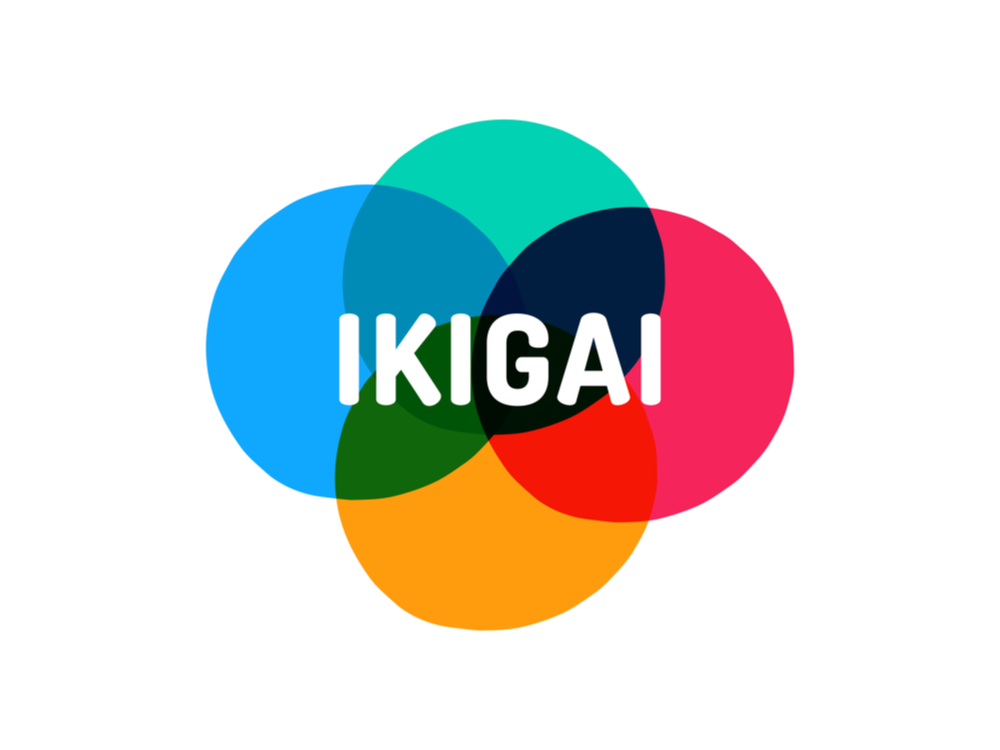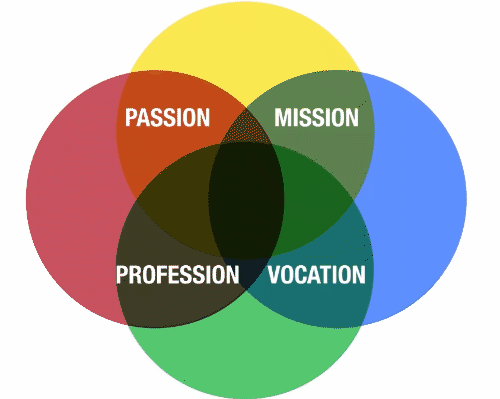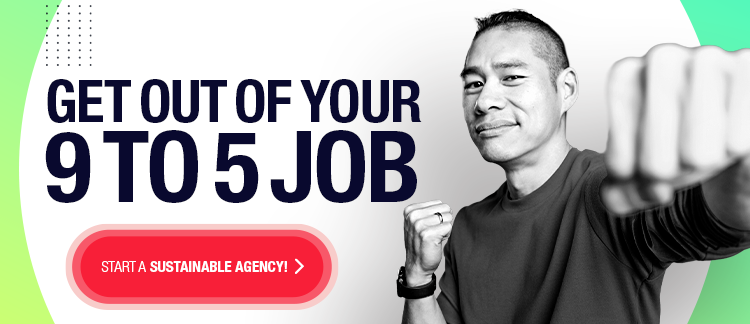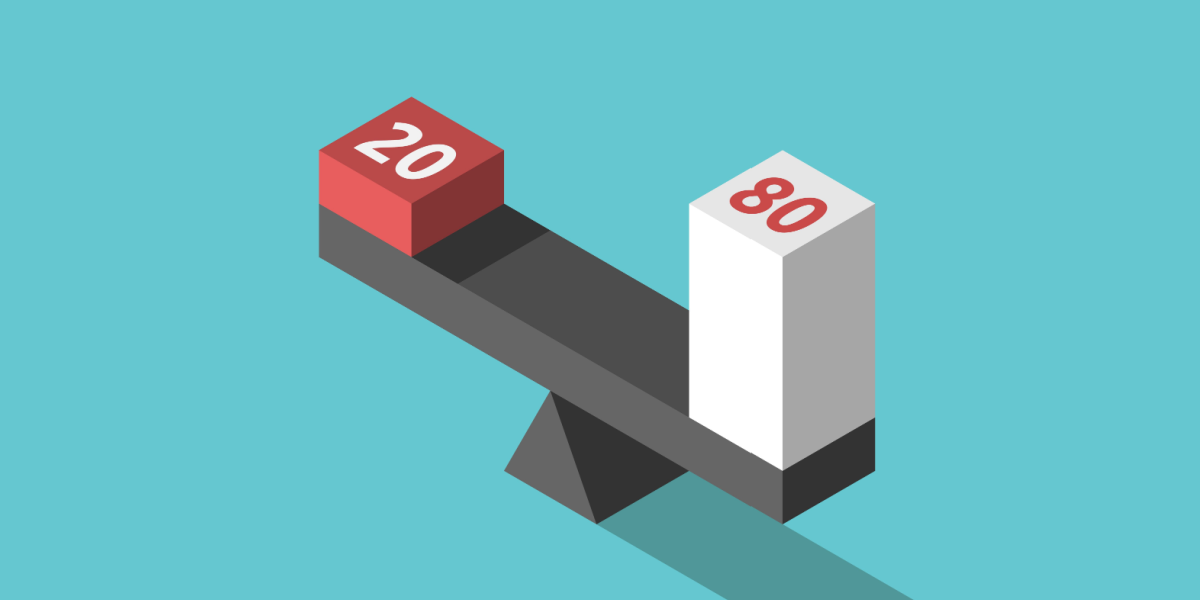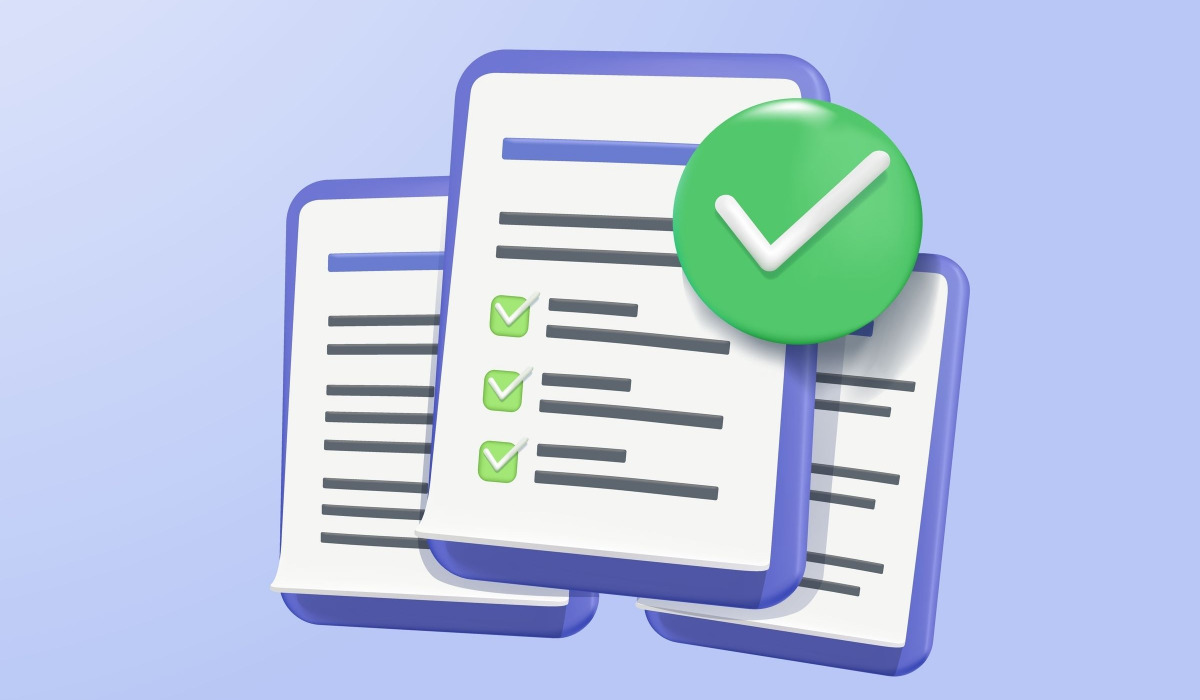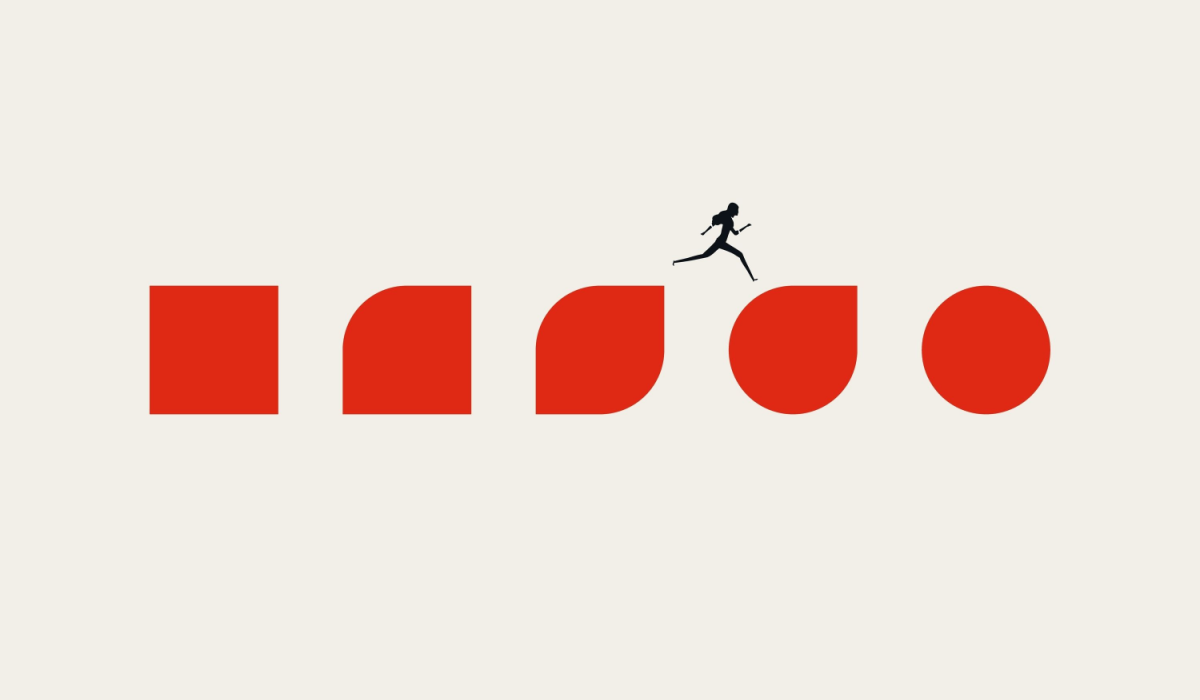Japan is globally known for not only its masterful cuisine but also its business methodologies. From Toyota to Nintendo, 21st-century corporate leadership methods have been adopted and adapted by businesses from the proven strategies in Japan.
Even older than “The Toyota Way” is a Japanese methodology called ikigai. Implementing ikigai into your business (or future business) will help it succeed from its foundation–you.
In this article, you’ll learn what ikigai is, its meaning, and how to incorporate it into every aspect of your life and business.
Ikigai Meaning Explained
Ikigai is a Japanese term that translates to “a sense of purpose,” “reason for being,” or “why I wake up in the morning.” The term originated from the Okinawa region, drawing medical researchers to the area because of the inhabitants’ long life expectancy. Ikigai isn’t a step-by-step manual. It’s a peaceful lifestyle generated from within.
In their international best-selling book, Ikigai: The Japanese Secret to a Long and Happy Life, authors Francesc Miralles and Héctor García describes the study of the Okinawans’ ability to find consistent happiness in what they do.
It turns out that one of the secrets to the happiness of Ogimi’s residents is feeling like part of a community. From an early age they practice yuimaaru, or teamwork, and so are used to helping one another. Nurturing friendships, eating light, getting enough rest, and doing regular, moderate exercise are all part of the equation of good health, but at the heart of the joie de vivre that inspires these centenarians to keep celebrating birthdays and cherishing each new day is their ikigai.
As an entrepreneur, you can probably recognize the power of ikigai. You started (or want to start) a business, not for wealth and fame, but to live a life with greater purpose. But you’re not here for existential questions, you’re trying to make your life and business better each day. Let’s find out how.
Ikigai Method for Business
As an entrepreneur, finding balance in your life seems like a fallacy. Emails, pitch meetings, and constantly putting out fires can feel like toppling off of a balance beam rather than finding a center.
So how can ikigai help your business?
Ikigai, concerning business, is about your why. Why are you in business? To make money, sure. To provide for your family and others, yes, that’s noble. But you’re not starting (or growing) a business just because it pays the bills.
It takes more motivation than profit to be successful. You need to align the drivers in your life to get out of bed in the morning with the same passion for your business on day 1 and day 1,000.
The Four Circles of Ikigai
The graphic below shows the 4 circles of how to incorporate ikigai in your business:
- What are you good at?
- What do you love?
- What does the market need?
- How do you extract that value?
After answering these questions, you’ll start to see some connecting themes. The spaces where the circles overlap are the pillars of your why: passion, mission, profession, and vocation.
- Passion is your fuel for excitement and joy. What activities, hobbies, or skill sets get you excited, and people have said you’re talented at?
- Mission is your profound human sense to serve others. What do you care about that solves problems or meets another person’s needs?
- Vocation is your industry, trade, or space. Is there a need in the world that pays someone to fulfill it?
- Profession is your compensated abilities. Do you have skills that someone is willing to pay for?
As you move closer to the center of the diagram, the 4 original questions are melding into a center. It’s your purpose. It’s the reason you’re in business. The center is your ikigai.
Ikigai Example
Let’s break ikigai down with an example in pop culture. During Conan O’Brien’s final broadcast talk show episode in 2021, he ended the night with this quote:
“It’s not easy to do. But try. Try and do what you love with people you love. And if you can manage that, it’s the definition of heaven on earth.”
That’s Conan’s ikigai. After 28 years on television, that’s the core of why Conan gets out of bed in the morning. But Conan’s success started with an unexpected opportunity. Let’s view the ikigai method from Conan’s perspective in the fall of 1993.
- What are you good at? Comedy writing and performing on stage.
- What do you love? Making people laugh.
- What does the market need? A talk show host for Late Night.
- How do you extract that value? By creating a unique comedic experience that’s unlike anything on TV.
Looks pretty good so far. Now let’s start to meld the circles.
- Passion: Writing comedic bits and working with creative people.
- Mission: To connect with other people and share moments of joy.
- Vocation: Comedy and entertainment.
- Profession: Comedy writer and performer.
Conan was unknown when he replaced the seat of David Letterman in 1993 for NBC’s Late Night. But it’s no surprise that the role was perfect for him. Why? Because it lined up with his ikigai.
For almost 30 years, Conan made people laugh alongside people he loved. And guess what? You can feel the same way in 30 years when you look back on your business or entrepreneurial journey. Using ikigai can help you start your business, build a career path, and make decisions that lead to a purposeful life.
Read more: Toni Ko on Exiting to L’Oréal for $500 Million and Starting Over
Find Your Meaning and Start Your Business
Whether you’re starting out, scaling a business, or haven’t even found an idea yet, your ikigai will help you stay centered through the ups and downs of being an entrepreneur. Fill out your ikigai diagram or make your ikigai your company’s mission statement.
Remind yourself every day why you get out of bed in the morning. Because when the first email alert of the day sounds off, you’ll need every ounce of ikigai to keep you focused on the why.
Now that you understand ikigai and how to apply it to your business–it’s time to start and scale. We’re here to help you with a selection of free business courses taught by entrepreneurs that have been in your shoes.
